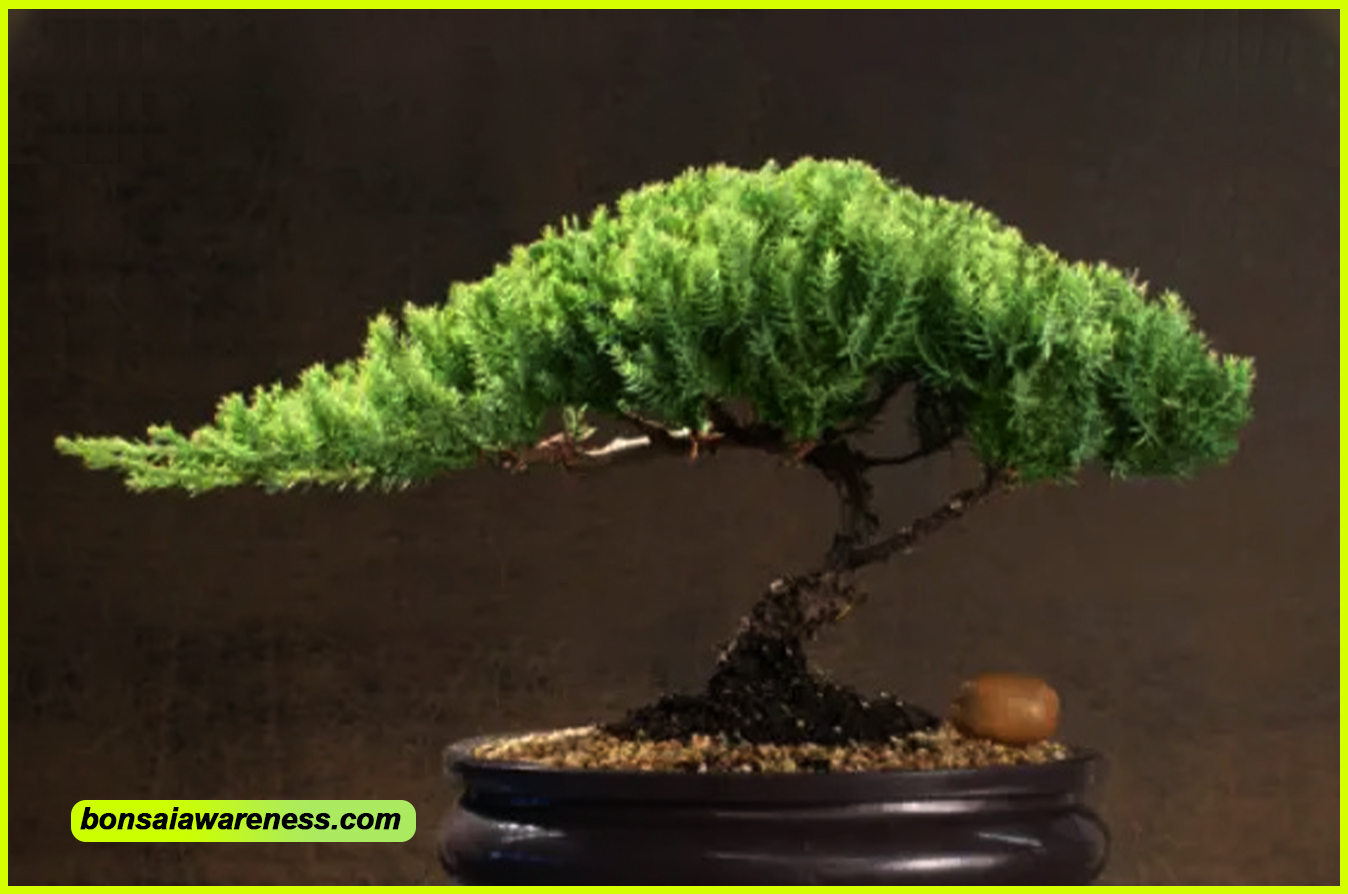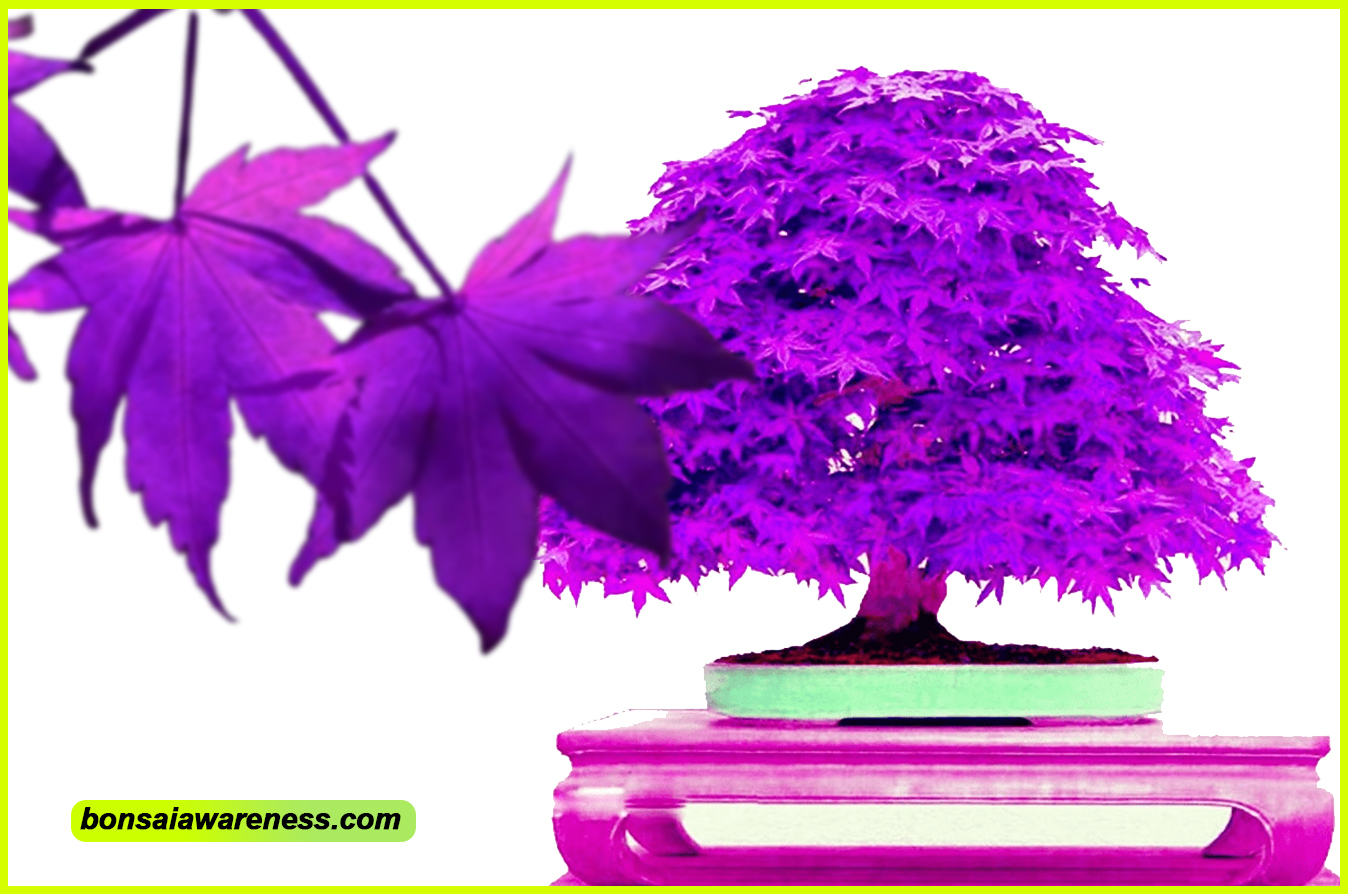A small bonsai tree typically costs between $20 to $200, depending on the size, age, and species. Bonsai trees are priced based on their maturity and aesthetics, with older and more unique varieties commanding higher prices.
Factors such as the pot, training, and overall health also contribute to the cost. If you’re looking to purchase a bonsai, it’s important to consider these factors and set a budget that aligns with your preferences. Bonsai enthusiasts often find that the investment is well worth it, as these miniature trees bring beauty, tranquility, and a sense of craftsmanship to any space.
With proper care, a bonsai can become a cherished and long-lasting addition to your home or garden.
Factors That Influence Bonsai Pricing
Bonsai prices are influenced by various factors, including species and age. A rare or older species typically commands a higher price due to its scarcity and time investment. Additionally, the size and shape of the bonsai play a significant role in determining its cost. Larger, more mature bonsai trees may be more expensive. Furthermore, the aesthetics and beauty of the bonsai, such as its overall appearance, pot, and foliage, can also impact its price. Consider these factors when evaluating the cost of a bonsai tree.
Different Types Of Bonsai And Their Price Range
Bonsai costs vary depending on the type. Traditional bonsai can range from $25 to $200. Shohin Bonsai generally cost between $50 to $250. Mame Bonsai prices typically range from $30 to $150. Kifu Bonsai can cost anywhere from $75 to $500. Yamadori Bonsai prices are usually higher, ranging from $100 to $1000.
The Role Of Bonsai Nurseries In Pricing
The cost of a bonsai depends on various factors, including the variety and availability of the trees, the quality of care and maintenance provided, and the expertise of the nursery. Bonsai nurseries play a significant role in setting the prices of these miniature trees. They consider factors such as the rarity of certain species, the time and effort put into training and shaping the bonsai, and the overall health and aesthetics of the tree.
When it comes to variety and availability, certain bonsai species may be more common and easily accessible, resulting in lower prices. However, rarer or more exotic species may be harder to find, hence commanding a higher price tag. The care and maintenance of a bonsai also play a vital role in determining its cost. Bonsai that have received meticulous and skilled care over the years, resulting in healthy growth and aesthetically appealing shapes, tend to be more expensive.
The expertise of the nursery also factors into the cost. Nurseries with experienced bonsai professionals who have honed their techniques and artistic skills are likely to produce high-quality bonsai, which can justify their higher prices. Additionally, such nurseries provide valuable guidance and support to bonsai enthusiasts, creating an added value to their products. Ultimately, the cost of a bonsai is influenced by a combination of these factors, making it important for buyers to consider their preferences and budget when making a purchase.
Factors That Affect Bonsai Valuation
Factors That Affect Bonsai Valuation:
Bonsai prices can vary significantly depending on several factors that contribute to their valuation.
Bonsai Contest Awards:
Winning a prestigious award in a bonsai contest can greatly enhance the value of a bonsai tree. Judges evaluate the quality, skill, and artistry of the bonsai, and a winner can command a higher price in the marketplace.
Famous Bonsai Artists:
Bonsai trees created by renowned bonsai artists tend to have higher value due to their expertise, experience, and artistic vision. The reputation and recognition of these artists attract collectors who are willing to pay a premium for their bonsai creations.
Historical and Cultural Significance:
Bonsai trees that have a historical or cultural connection carry an inherent value. These trees may have been nurtured for generations or have been associated with influential figures or important events, making them unique and sought after by collectors.
Tips For Buying Bonsai On A Budget
When buying a bonsai on a budget, there are several tips that can help you find an affordable option. Attending bonsai auctions and sales is a great way to get a bonsai at a lower cost. These events often offer a wide variety of bonsai trees at competitive prices. Another option is to search for secondhand bonsai. Many bonsai enthusiasts sell their trees when they want to downsize or upgrade, and these trees can be more affordable than buying new ones.
If you’re willing to put in the time and effort, growing bonsai from seeds or cuttings can also be a cost-effective option. While it may take longer to see results compared to buying a pre-grown bonsai, the process can be rewarding and budget-friendly.
| Tip 1: | Attend bonsai auctions and sales |
| Tip 2: | Search for secondhand bonsai |
| Tip 3: | Grow bonsai from seeds or cuttings |
Frequently Asked Questions Of How Much Does A Bonsai Cost
Is Bonsai A Cheap Hobby?
Bonsai can be an affordable hobby, but costs depend on the type of tree and its age. Younger trees or starter kits tend to be cheaper, while older, more established trees can be pricier. Additionally, expenses for tools, pots, and soil should be considered.
Overall, the cost of bonsai can vary, but it is possible to start with a modest budget.
How Much Should I Spend On A Bonsai Tree?
The price of a bonsai tree varies, ranging from $20 to $1,000 or more. Consider your budget and the type of bonsai you want before making a purchase. It is recommended to invest as much as you are comfortable with.
Why Is Bonsai So Expensive?
Bonsai trees are expensive due to the time and effort needed for their care and maintenance. They require specialized skills and knowledge, making them a labor-intensive investment. Additionally, their rarity and unique aesthetic appeal contribute to their high price.
Are Bonsai Trees Worth It?
Bonsai trees are worth it for those who enjoy nurturing and admiring miniature plants. They provide aesthetic appeal and can be a fulfilling hobby. With proper care, bonsai trees can thrive and bring a sense of tranquility to any space.
Conclusion
To sum up, the cost of a bonsai tree varies depending on factors such as its age, size, species, and overall condition. Prices can range from affordable options for beginners to high-end, collector-quality specimens. It’s important to do your research and consider your budget before making a purchase.
Remember to also factor in the cost of the necessary care and maintenance for the tree. Happy bonsai hunting!


Leave a Reply